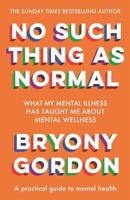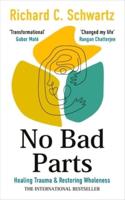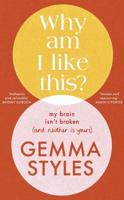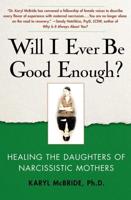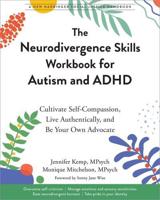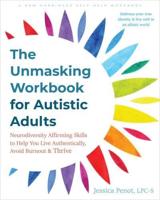Publisher's Synopsis
Throughout the ages, a lack of clarity about the inner workings of the human mind has greatly impeded efforts to help people optimize their mental, emotional, and spiritual health. Even today, in the era of modern medicine, most psychiatric patients are receiving suboptimal care and, due to continued confusion about the distinction between psychiatric illness and spiritual illness, optimal care, even if it were readily available, could potentially be refused due to a failure to understand what abnormality is being treated.
However, a long-awaited breakthrough in our understanding of mental illness is beginning to change all of that. For the first time in history, the biological driver of psychiatric disorders, such as anxiety, depression, and bipolar disorder, has been identified, thus illuminating the distinction between disorders of the brain, disorders of the mind, and disorders of the spirit. It has also illuminated a target for medications that are well-tested and relatively inexpensive yet, due to the historical confusion about the cause of mental illness, sorely underutilized.
Beginning with a discussion of the first comprehensive psychophysiological hypothesis of psychiatric disorders, this book retraces the history of mental healthcare through the lens of this groundbreaking new hypothesis. In so doing, it explains why most of the early treatment approaches actually made symptoms worse rather than better and why most modern-day approaches are at-best only partially effective. Following this discussion, the book vividly defines, for the first time, the critical distinction between psychiatric illness and spiritual illness and integrates psychiatry, neurology, and theology in the healing of mind, body, and spirit. My hope is that this discussion will help psychiatrists, psychologists, priests, rabbis, and other healers to redirect their efforts more appropriately and, thus, improve the efficiency and effectiveness of their healing work. It is also my hope that this discussion will help those who are in need of psychiatric or spiritual help to be better advocates for themselves in seeking that help.



